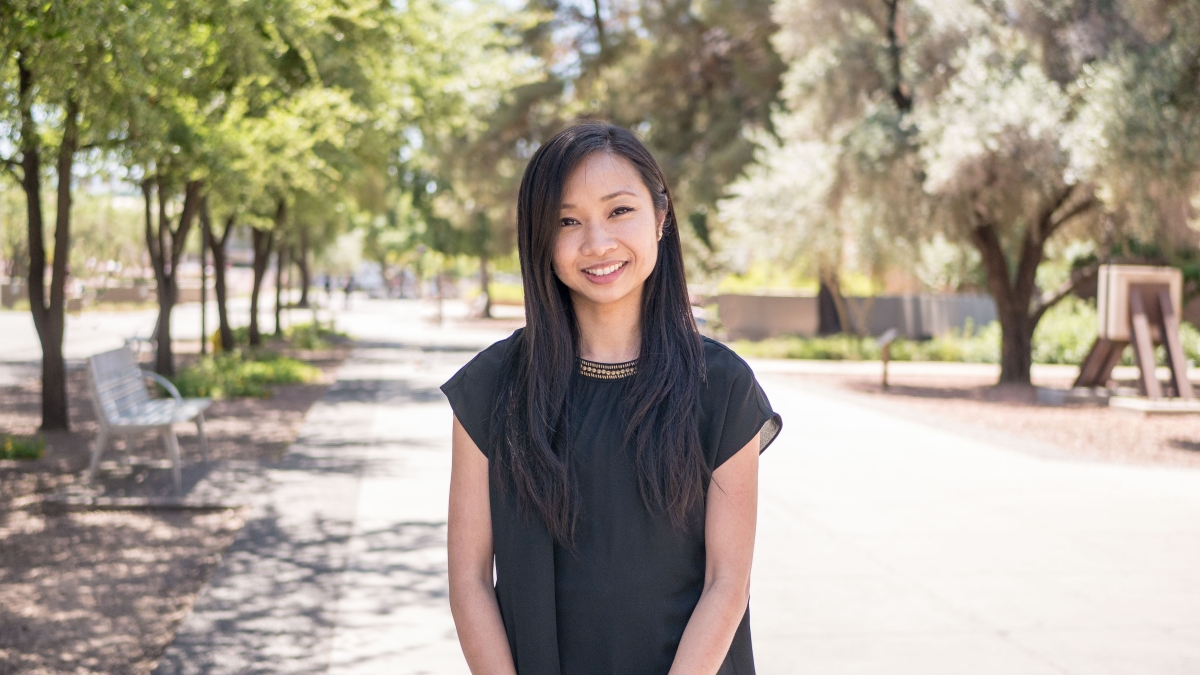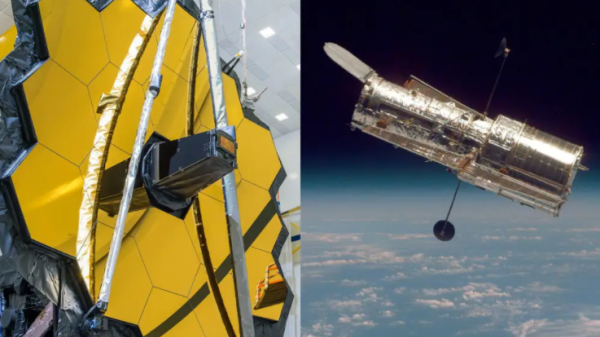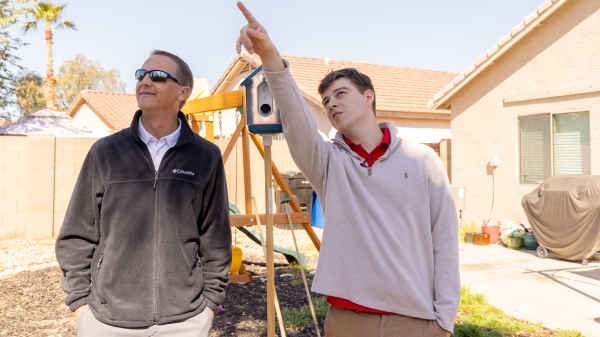ASU psychology grad student wins NSF fellowship to study impact of neighborhoods on at-risk students

Leena Bui is a graduate student in the Department of Psychology at Arizona State University and recipient of the National Science Foundation Graduate Research Fellowship Program.
Leena Bui, a graduate student in the Department of Psychology at Arizona State University, is a recipient of the National Science Foundation (NSF) Graduate Research Fellowship Program. For her doctoral studies, Bui plans to examine how culture and neighborhoods can impact at-risk teenagers.
“NSF fellowships are weighted towards the student’s story,” said Laurie Chassin, Regents’ Professor of psychology and Bui’s adviser. “And Leena’s story has a prominent neighborhood component of the influence of attending school in a different neighborhood.”
Bui proposed to study how cultural identity affects the lives of at-risk teenagers. An at-risk teenager who has a positive connection with his or her culture is generally physically healthy and is more likely to perform better in school. Bui used her own life experience as motivation to include the effect of neighborhoods in her proposed research.
“My own neighborhood was not so great,” said Bui, who grew up in a disadvantaged area outside Los Angeles. “That environment had an effect on how I identified with the world around me.”
Bui chose not to attend her neighborhood school because few of the students who went there attended college. She entered her name in a lottery for a space at a nearby high school. She credits this decision with how she ended up at ASU.
“At my new high school, my peers were focused on going to college,” Bui said. “And I took advantage of that.”
Now Bui plans to study how the union of cultural identity and neighborhoods can help at-risk teenagers. She chose to work with Chassin for her expertise in development.
“I am combining the ideas of having a positive ethnic identity and the influence of the environment,” Bui said. “For example, if you have a high Latino concentration in a neighborhood, then maybe it can have a buffering effect on how the Mexican-American kids perform in school depending on the resources they have available.”
Through Bui’s proposed dissertation research, she will rethink how psychology defines a neighborhood. Researchers typically just use information from the U.S. Census Bureau, but Bui will also include how people perceive their neighborhood.
Though how a neighborhood affects development is not a main focus of Chassin’s lab, Bui has Chassin’s full support.
“Neighborhoods are perceptually complex and do not map directly onto census data,” Chassin said. “For example, there could be a freeway running through a census-defined neighborhood, so the kids living there might only interact with the people who live on their side of the freeway.”
Bui’s proposal included following local Mexican-American students who are enrolling at ASU. Mexican-American teenagers in general can have low graduation rates from high school; the ASU students in the study would be considered high-achieving. Bui plans to investigate the influence of culture and neighborhood on academic success.
“Mexican-American adolescents have a beautiful family-laden community they can tap into for support,” Bui said. “This community can promote positive outcomes for them.”
She plans to collect standard measures, such as census data and grade-point averages, and detailed information about the students’ neighborhoods. Bui will interview students to find out if their neighborhood was an environment that encouraged academic engagement or helped them feel safe. She plans to find out if the neighborhood supports extra-curricular activities by residents having easy access to libraries or parks. She also plans to find out if the students feel safe and connected to their neighbors if they live in an area with graffiti and violence.
“How you identify with your neighborhood is more probably important than the data about that neighborhood,” Bui said. “Your relationship with the neighborhood might affect how you do in school and impact your life.”
Because of the NSF fellowship, Bui will be able to dedicate more time to her research. The fellowship pays for three years of graduate school tuition and Bui’s stipend in addition to providing research funds.
More Science and technology

Celebrating 34 years of space discovery with NASA
This year, NASA's Hubble Space Telescope (HST) is celebrating its 34th anniversary of the world's first space-based optical…

Making magic happen: Engineering and designing theme parks
The themed entertainment industry is widespread and diverse, encompassing everything from theme parks to aquariums, zoos, water…

AI-equipped feeders allow ASU Online students to study bird behavior remotely
ASU Online students are participating in a research opportunity that's for the birds — literally. Online Bird Buddies is a…